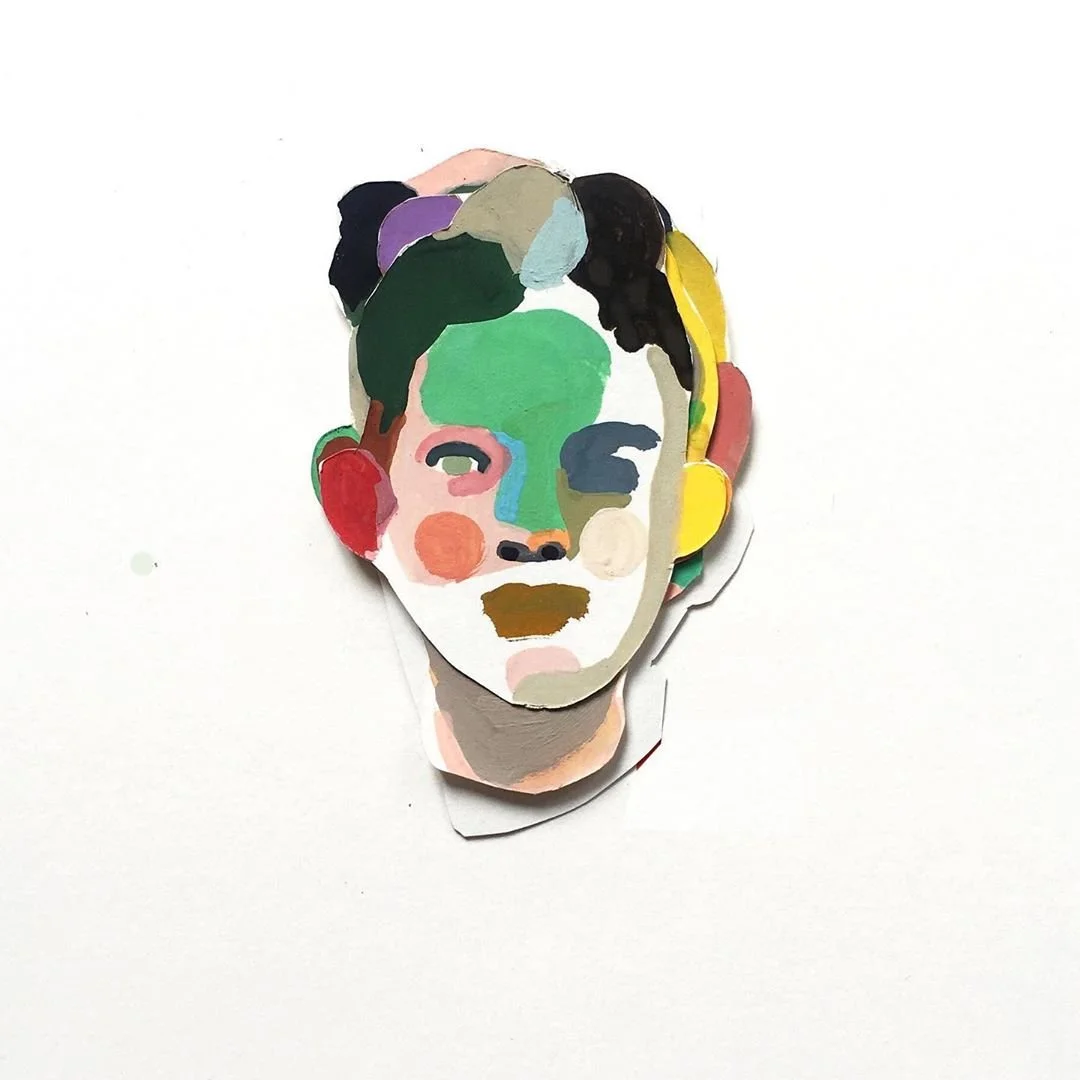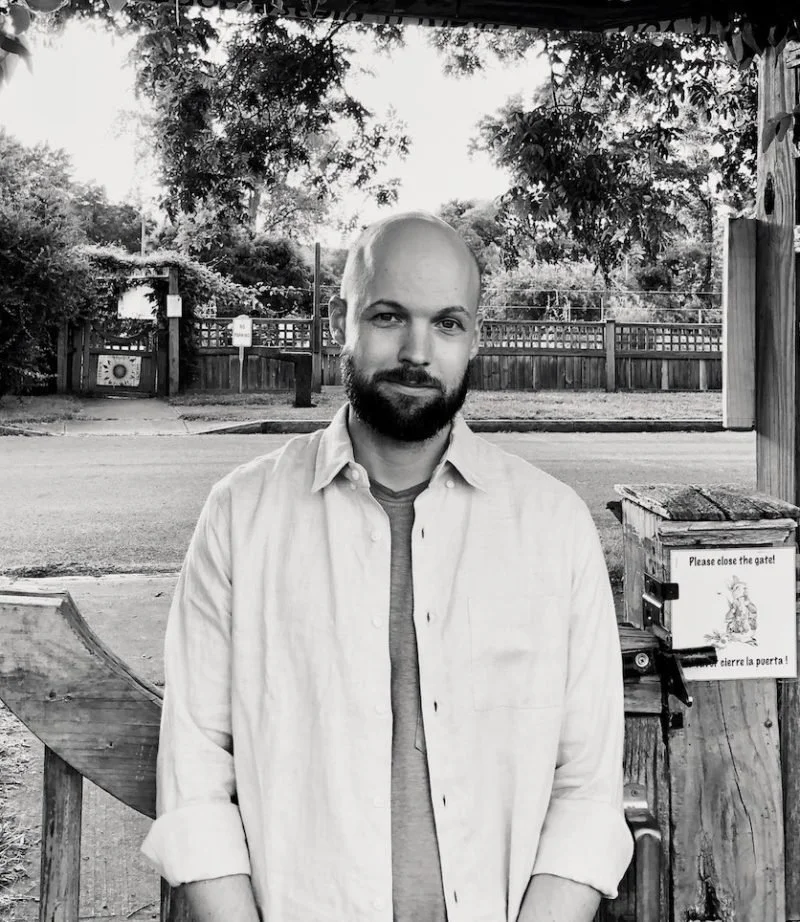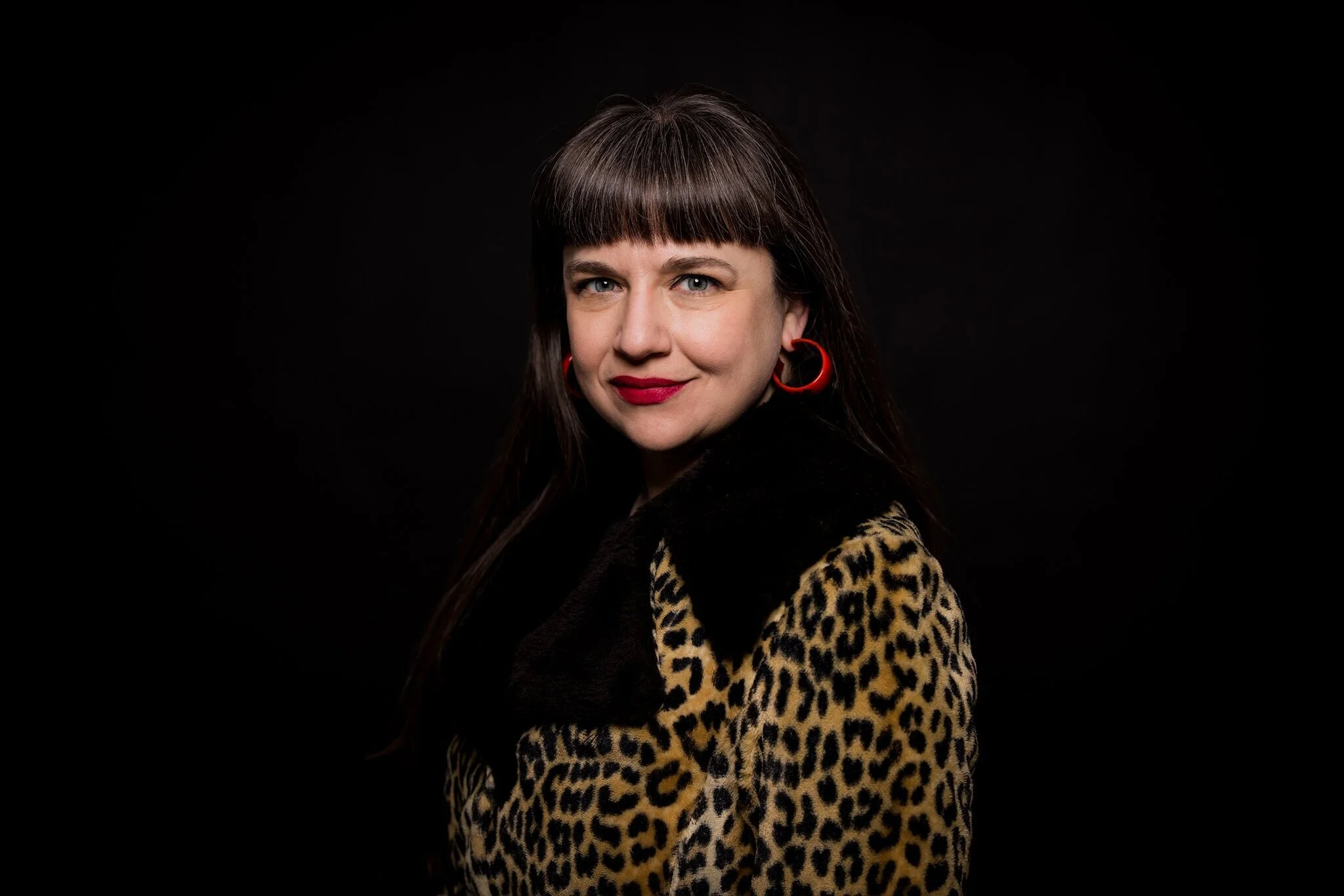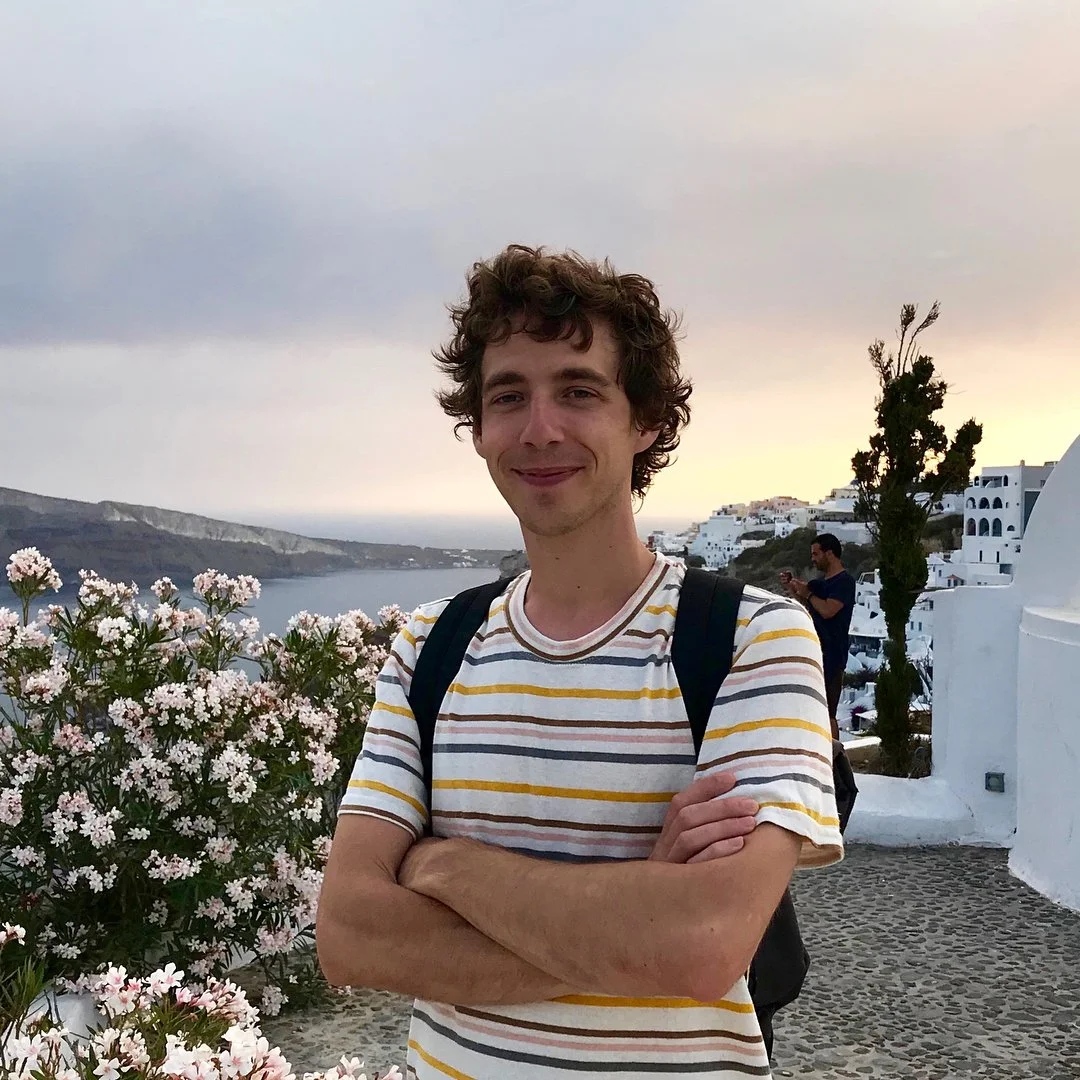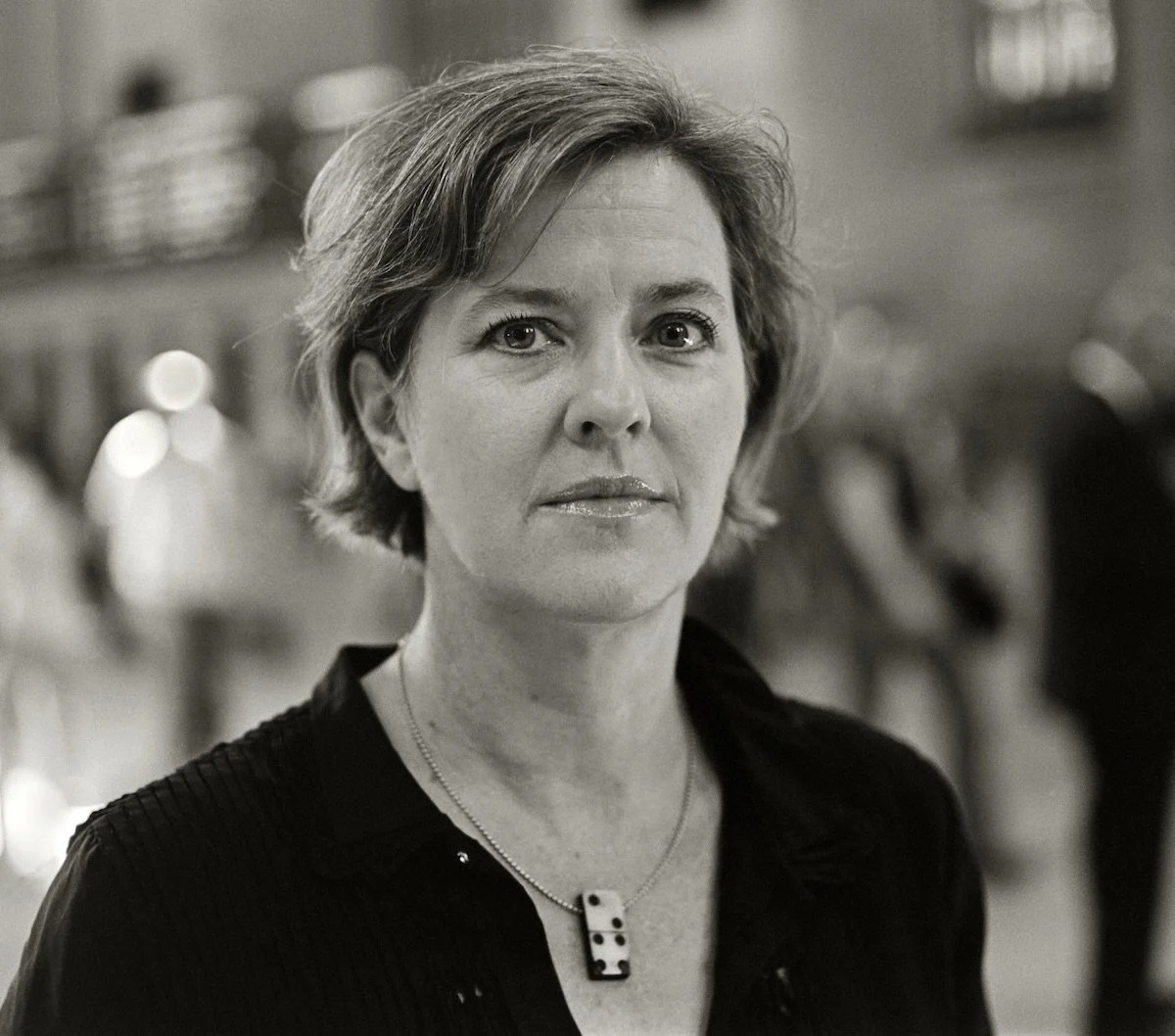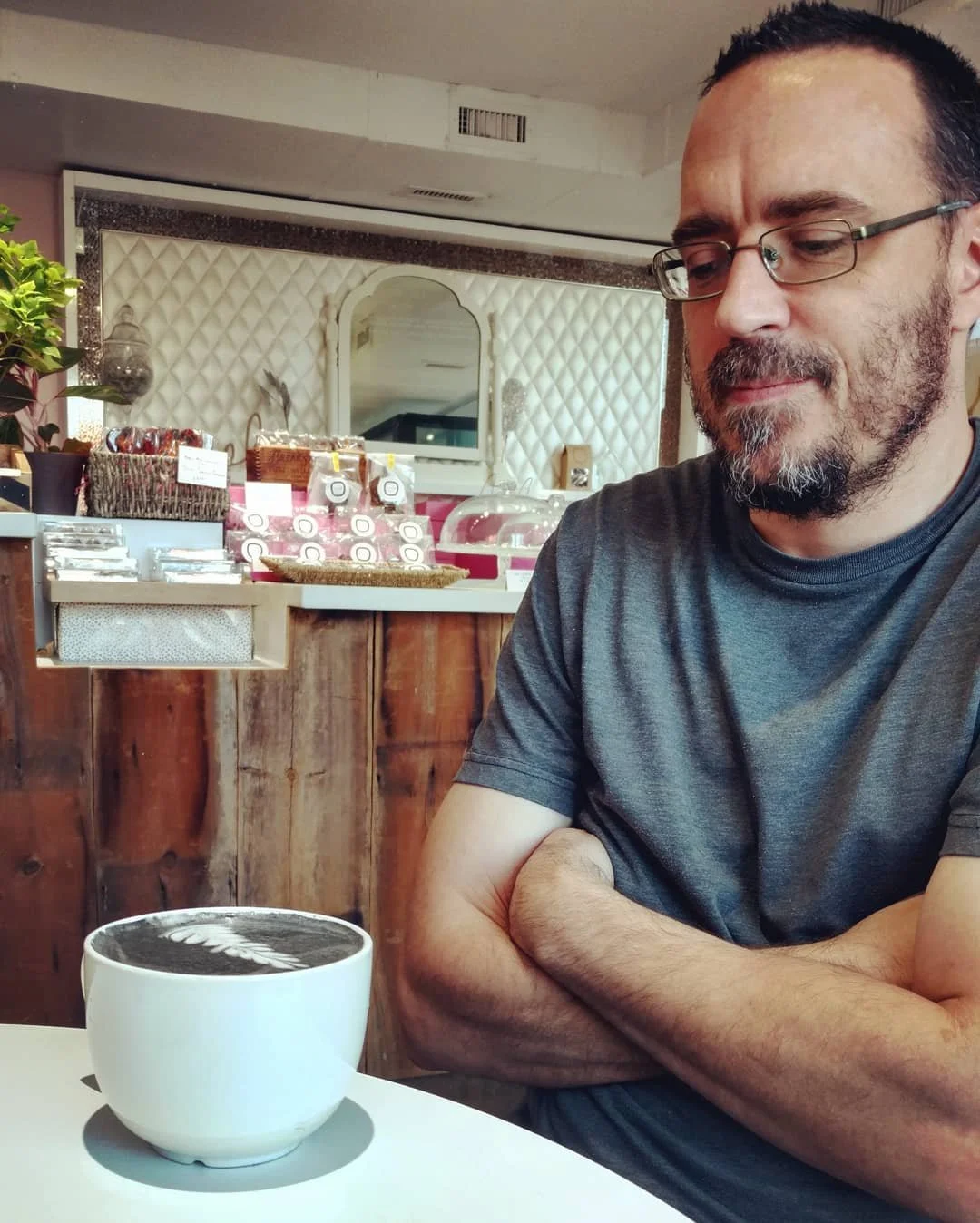Shane Kowalski is a fiction writer with a focus on brevity. Tiny dazzling stories that teeter into prose poetry territory. Taking inspiration from legends of compression like Diane Williams, Lydia Davis, and Garielle Lutz, Kowalski (who has spent time as a professor as well as a postal worker) brings his own levels of whimsy and perverseness and surrealism to the literary table. Quick, sharp moments that startle and delight. Dizzying and funny and quietly unhinged.
With a ten-year-old tumblr page updated almost every day (featuring over 2,500 fictions) as well as Small Moods (his debut collection released earlier this year through Future Tense Books), I chatted with Kowalski via email and we talked about George Saunders, Joe Pera, Gordon Lish, Penguin Café Orchestra, and much more.
Small Moods has been my mood all year long.
As an icebreaker: please provide one line, or one phrase (or one word) that was written in your last writing session.
I am glad the pianist was shot!
Congrats on your new book! I know you have a daily writing practice over on tumblr and many pieces made their way into the book. Can you talk a bit about this book's assembly/curation?
Thanks, Ben! Yeah, I started just sort of noodling on tumblr over 10 years ago, posting a story every day, so I accrued a lot of material. I began experimenting with grouping them into different configurations a few years ago, based on texture, theme, style, and/or mood. So, by the time Kevin at Future Tense Books put out his open call for submissions, I had a rough blueprint of the kind of book I wanted tonally and formally. After Kevin accepted the manuscript (which was only about 35 pages at the time), we went and lengthened it—tried to figure out which pieces fit into that tonal and formal template that had already been established in the shorter manuscript. I think the title sort of just came after that. They all seemed to fit a larger mood of the work, while also having their own individual moods. I was also thinking of that old compilation CD of new age, ambient, and world music, Pure Moods.
Speaking of tumblr, your account name (and on Twitter and IG) is Die(d) Disappointed. Is this your mantra to not take shit so seriously? A long-ago joke? Or are you constantly left unsatisfied?
Ha! It actually comes from the George Saunders story, “Sea Oak.” It’s one of the possible headstones that the narrator considers getting Aunt Bernie after she dies. It just seemed right as an online handle.
Other than the final story in your collection, which is 10 pages long, the remaining fictions in the book are 1-3 pages. Is this your normal length for writing? Were there other, lengthier pieces that didn't make the cut for this collection?
For the past handful of years, I’d say yes, this is sort of my normal length. There’s something interesting about that 1-3 page length…almost not enough, but sometimes too much to get everything you want in there. I go through phases though. It’s possible I’m in a “longer” mode now? But it remains to be seen.
I think for Small Moods, there weren’t too many more longer stories I wished to include. I also liked the idea of ending a very short story collection with one longer story, much in the way normal short story collections sometimes end with a novella length piece.
Since the release, which was only eight months ago, have you been writing towards anything new? I've been continuing to follow your tumblr, and I know you mentioned a novel/la on The Lives of Writers podcast?
There are a couple pieces I’m tinkering with. A longer short story or two, and, yes, the novella. I’ve also just recently kind of started to explore writing about my time working in the post office—not sure what form it will take but I’ll worry about that later.
Given the fictions in your book, and the Garielle Lutz blurb on the back, I can see this kind of hyperfocus on the line within the school of Gordon Lish and Diane Williams. Russell Edson, even. Are these authors you turned to when discovering your voice / style / freedoms / whatever you want to call it? Are there some other formative/influential writers with this kind of concision that you also resonate with?
I definitely think I was drawn to the Lutz/Lish/Williams school because I felt a kinship there. Actually not so much formally, but thematically. Their work gave/gives me weird feelings, and I like that. They wrote/write about atypical kinds of stories—or stories that you don’t seem to see in the normal/conventional/etc. purview of literary storytelling. I’m not really sure how to describe it. It’s basically like that episode of Joe Pera Talks With You where he discovers “Baba O’Riley” for the first time and can’t stop listening to it. There are some writers you read and it just clicks. Another huge writer, maybe above everyone else, for me is Lydia Davis. Her work, which can be so compressed, really reveals her as both an observer and participant in the world, which I think is really cool and hard to pull off.
via Obliterat
You have grand statements in your collection like, "I wrote a book. It sold for a billion dollars. I bought an alligator on a gold leash," and vivid lonelinesses like, "I kneel here licking the doorknob you've just touched to leave the room, but it won't bring you back," and truths that bring the "you" farther into the book like, "When someone says 'change' I think they are saying 'Shane'." I love all of these lines. Can you talk a bit about approaching the blank page and/or how you blend fact and fiction, flat-out lies with relatable truths?
It's a tough one. I try not to think too hard about where I’m going. I may start with a line that I find striking or funny. But from there, it’s anyone’s guess. I think I started playing around with putting myself in some of the stories a little more around grad school. It was a sort of homage to writers like Diane Williams, who sometimes includes herself as a character in her fictions, but it was also just funny to me. I could say silly things about myself, true or not—it felt unserious, which I liked. I guess a lot of the little hallmarks of the book, in fact, came from trying to have fun or do the opposite of what I thought “conventional” literature might do.
Outside of your own art and writing, what albums/films/shows have captivated you in recent months?
In recent months, I’ve gone through the television series, Joe Pera Talks With You, which I think is one of the greatest shows produced over the past decade. It’s beautiful and ingenious. Also, this summer, I’ve been offhandedly listening to the music of Penguin Café Orchestra—they kind of give me Arthur Russell, Philip Glass, Brian Eno type vibes. They’re also good music to just play in the background while you’re living.
If you can, describe your workspace. What are some essentials while you create?
This one’s tough because I’ve never had a designated workspace. I’ll write on the couch, at the kitchen table, on the toilet [laughs]. Anywhere I can get the job done. I can usually write with the television on or people chatting around me, but I can’t really write with music playing. I also can’t write in bed. That’s about it.
via tumblr
For this ongoing author interview series, I'm asking for everyone to present a writing prompt. It can be as abstract or as concrete as you choose.
Write a sex scene about the time your parents conceived you.
(This usually yields pretty excellent results in my experience using it with students. It’s also one of the hardest things to write, I’ve discovered.)
In closing, do you have any advice for early writers? Or rather, what's something you would have liked to have known when you first started taking your writing seriously?
I’d say just keep writing, don’t worry about being great, have fun.
Any final thoughts / words of wisdom / shout-outs? Thank you!
Shout-outs to my family, to Cary Marcous, and also to you Ben—thanks for being a reader and writer in the world!
[header photo courtesy of Mugshot Writers]






